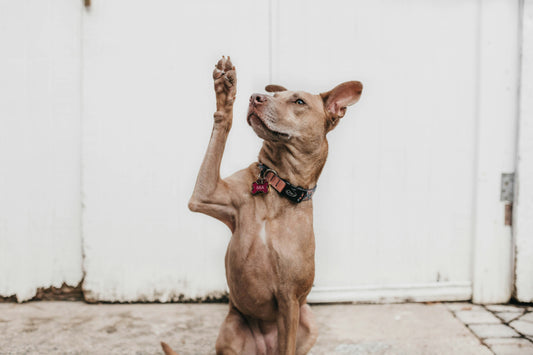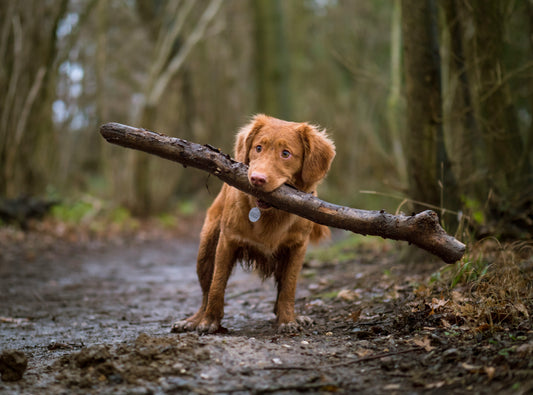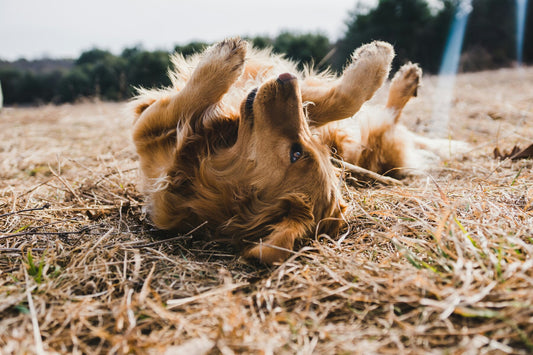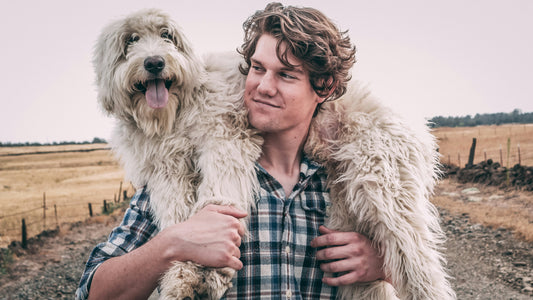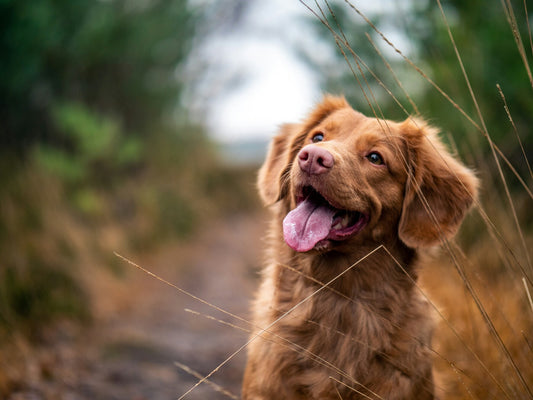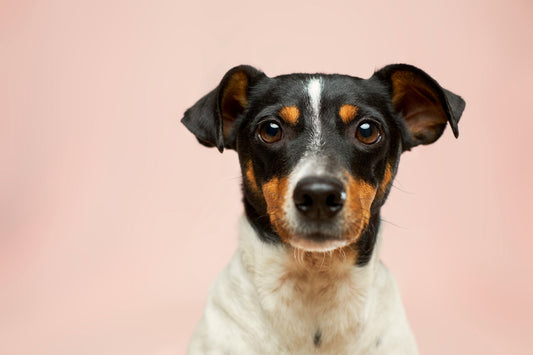Dealing with Dog Firework Anxiety
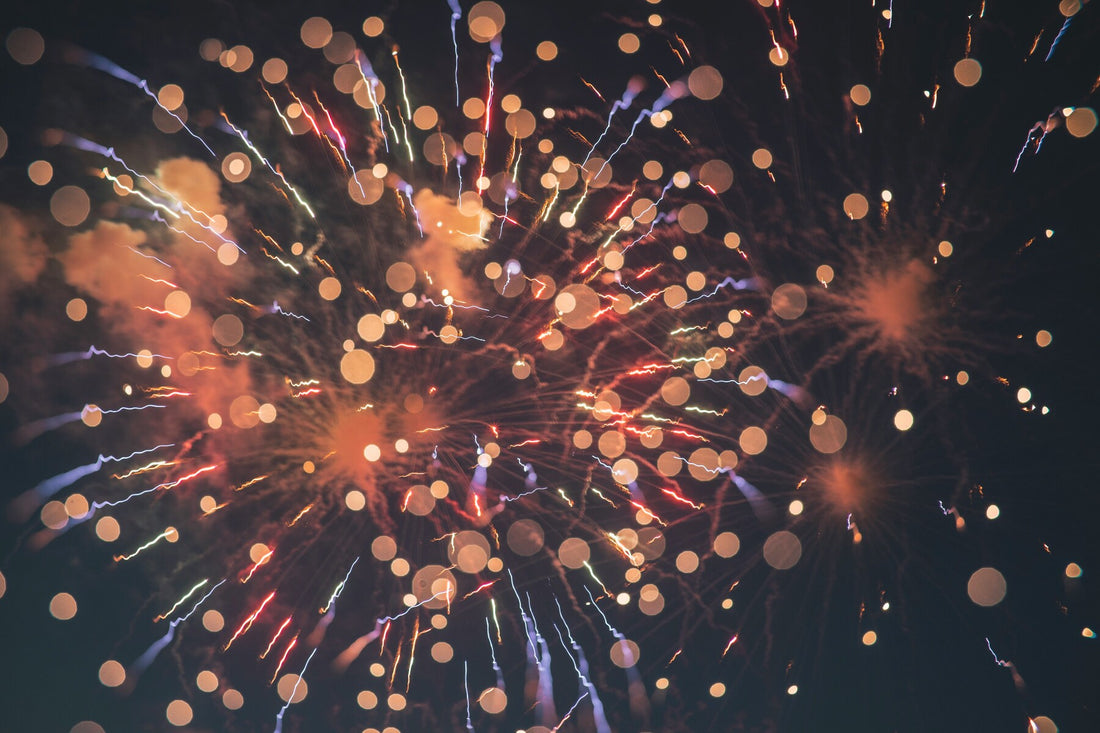
The booms and crackles of fireworks that mesmerize us can be a source of terror for our canine companions. Imagine, from their perspective, the world suddenly erupts in unpredictable, loud noises and bright, flashing lights. It’s no wonder that many dogs find fireworks terrifying.
In this article, we will explore the causes of firework anxiety in dogs and provide practical solutions to help your pet cope. Understanding and addressing this anxiety is crucial for ensuring the well-being and safety of your furry friend during these loud celebrations.
Understanding Dog’s Fireworks Anxiety
Firework anxiety in dogs is a significant issue, especially during festive seasons like the Fourth of July or New Year’s Eve. This anxiety is characterized by a fear response to the loud noises, bright flashes, and sometimes even the smell of fireworks. For dogs, these sensory stimuli can be downright terrifying.
What is Firework Anxiety?
Firework anxiety in dogs manifests in various forms, ranging from mild discomfort to severe panic. Common symptoms include trembling, hiding, excessive barking, and in some cases, destructive behavior or attempts to escape.
Anxious dogs might pant excessively, pace around, or refuse to eat. These behaviors indicate a state of distress that can significantly impact a dog’s well-being.
Understanding these symptoms is crucial for any pet owner. Recognizing the signs of anxiety in your dog is the first step in providing them with the support and care they need during these challenging times.
Causes of Dog Fireworks Anxiety
Several factors can contribute to a dog’s fear of fireworks. The most apparent cause is the loud and unpredictable noise that fireworks produce. Dogs have sensitive hearing, and the sudden, loud bangs can be startling and frightening.
Bright flashes of light and the smell of gunpowder can also be disorienting and scary for dogs. Additionally, past negative experiences, such as a particularly loud fireworks display or a storm can exacerbate a dog’s fear.
Some dogs may have a natural predisposition to fear loud noises, while others may develop this fear over time due to lack of exposure or negative experiences. Understanding these causes can help you tailor your approach to helping your dog cope with firework anxiety.
Effective Solutions for Firework Anxiety
Creating a Safe and Comfortable Environment
One of the most effective ways to help a dog with fireworks anxiety is to create a safe and comfortable environment in your home . During fireworks, your home should be a safe haven for your anxious dog.
Before the fireworks begin, close the curtains to block out flashing lights and reduce noise. Create a cozy space, perhaps a den-like area, where your dog can feel secure. This could be a quiet room, a crate draped with blankets, or any spot where they feel most at ease.
In this safe space, include familiar items like their favorite toys, a comforting blanket, or a piece of clothing that smells like you. These familiar scents can help your dog feel more relaxed. Also, consider playing soft, soothing music or using a white noise machine to help mask the sounds of the fireworks.
Desensitization and Counterconditioning
Just like with car anxiety, desensitization and counterconditioning are the best strategies to use. These are techniques used to gradually reduce your dog’s fear response to fireworks. Desensitization involves exposing your dog to the sounds of fireworks at a low volume, gradually increasing the volume over time as your dog becomes more comfortable. This can be done using recordings of fireworks.
Counterconditioning involves changing your dog’s emotional response to fireworks. This is achieved by associating the sound of fireworks with positive experiences, like treats or playtime. Start by playing the sounds at a low volume while engaging your dog in a fun activity or feeding them their favorite treats. Over time, as the volume increases, your dog will start associating fireworks with positive experiences rather than fear.
Both techniques require patience and should be done over a period of time leading up to fireworks events. It’s important to observe your dog’s reactions and proceed at a pace that they are comfortable with.
Bando’s Calming Hemp Supplements
In addition to environmental adjustments and behavioral techniques, certain supplements can aid in helping your dog remain calm. Bando’s Calming Hemp Supplements are designed to provide natural anxiety relief for dogs. These supplements typically contain ingredients like hemp oil, which is known for its calming properties, and can be a helpful tool in keeping your dog relaxed during stressful situations like fireworks.
Before introducing any new supplement to your dog’s diet, it’s crucial to consult with your veterinarian. They can advise on the appropriate dosage and ensure that the supplement won’t interfere with any existing medications or health conditions your dog may have. It’s also important to start using these supplements well in advance of the fireworks event, as some may take time to become effective.
Behavioral and Training Approaches
Professional training and behavior modification can be highly effective in managing a dog’s fireworks anxiety. If your dog’s anxiety is severe, or if you’re finding it challenging to manage on your own, seeking help from a professional dog trainer or behaviorist can be beneficial.
These professionals can assess your dog’s specific situation and develop a customized training plan. They might use advanced desensitization and counterconditioning techniques, or other behavior modification strategies, to help your dog cope with their fear of fireworks. Additionally, they can provide you with tools and techniques to continue the training at home.
Professional guidance can be particularly helpful for dogs who have not responded to initial attempts at desensitization, or for owners who feel overwhelmed by their dog’s anxiety. Remember, each dog is unique, and what works for one may not work for another. A tailored approach is often the most effective way to help your dog overcome their fear of fireworks.
Preventive Measures for Firework Anxiety
Early Exposure and Positive Associations
Preventing firework anxiety can often start with early exposure, especially for puppies. Introducing young dogs to a variety of sounds in a controlled and positive manner can help prevent fearfulness later in life. This includes playing recordings of fireworks at a low volume and gradually increasing it, all while ensuring the experience remains positive through the use of treats, praise, and play.
Creating positive associations with loud noises from an early age can significantly reduce the likelihood of developing firework anxiety. It’s about building a foundation of confidence and security around noises that might otherwise be frightening.
Routine and Consistency
Routine and consistency are also key in preventing firework anxiety in dogs. Regular exposure to different sounds in a non-threatening context can help ensure that your dog doesn’t develop a fear of loud noises. This could involve playing recordings of various loud sounds during calm, happy times, and rewarding your dog for remaining calm.
Consistently creating positive experiences around noises can reinforce a sense of safety and security for your dog. This approach can help your dog understand that loud noises, like fireworks, are not something to fear but just another part of their environment.
Book a Consultation with our Team for Expert Advice
If you find yourself struggling to help your dog with fireworks anxiety, remember that you’re not alone. Our team of experts is here to assist you. Booking a consultation with us will provide you with personalized advice and strategies tailored to your dog’s specific needs.
With the right approach and support, you can help your dog navigate their fear of fireworks, ensuring their comfort and well-being during these challenging times. Remember, patience and persistence are key in helping your dog overcome their anxiety.

